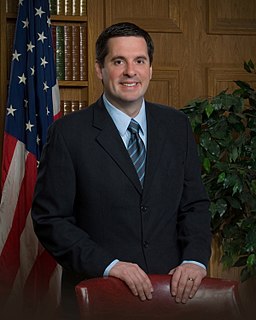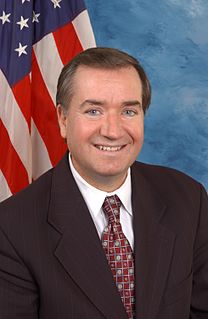A Quote by Leon Panetta
The terrorism from 9/11 has metastasized. It's metastasized in Iraq and Syria, in Nigeria, in Somalia, in Yemen and in other places in North Africa. We need a very comprehensive strategy to deal with that threat.
Related Quotes
If you want peace and well-being to be in place in the Middle East and you want terrorism to be uprooted, then there's no path other than the presence of the Islamic Republic of Iran, you saw that in Iraq, Syria, Lebanon and Yemen that the power that was able to help the people of Iraq, Syria, Lebanon and Yemen in the face of terrorist groups was the Islamic Republic of Iran.
Action had to be taken in response to the terrorist attacks on September 11, but I am very concerned about the current administration's rhetoric and apparent zeal to expand military action to other places. I'm afraid that terrorism is being used as an excuse, not only for possible military action in such places as Iraq, Iran, and the Philippines, but also for exorbitant increases in defense spending that have nothing to do with terrorism.
I think what happened with 9/11 is that people sort of felt that it came from nowhere. Whereas I think now we understand the roots are very deep. I say it's like revolutionary Communism, something that is going to have to be knocked out over a very long period of time. This strain of extremism continues to be very strong, whether it's in Afghanistan, or Somalia or Yemen, or any of these places.
I really see the U.S. staggering under the burden of three blows. One is 9/11 and the threat of terrorism, which is still huge in Syria, Iraq, and elsewhere. The second is the failed 2003 war in Iraq, which cost so much and ruined America's credibility in the eyes of so many. Obama has repaired it to some extent, but those scars are deep. And then, thirdly, banks failed, the whole real estate market had the carpet pulled out from under it.
Our challenge is much more pervasive than it would be if we were just facing one enemy in one place. [Instead there is] the Middle East, Iraq, North Korea, Iran. There's a relatively long list that we believe are linked to the al Qaeda network in the Philippines, in Indonesia and in Yemen and other places. That makes it very clear that this is a global network.
I opposed the war in Iraq because I did not believe it was in our national security interest, and I still don't. What we [America] did was akin to taking a baseball bat to a beehive. Our primary security threat right now is terrorism - and by doing what we did in Iraq, we've managed to alienate a good part of the world and most of the allies whose intelligence and other help we need to combat and defeat terrorism.




































